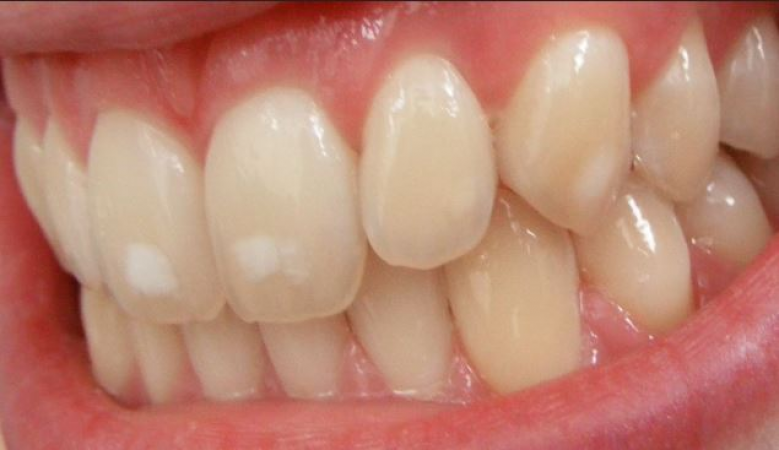
In a startling and distressing incident, a seemingly mild case of flu-like symptoms in a teenager escalated into a life-altering health crisis, resulting in the loss of both hands and feet. This unfortunate event has left both the affected teenager and the community in shock and seeking answers about how such a rapid and severe progression could occur.
The teenager began experiencing what seemed to be routine flu-like symptoms - fatigue, fever, and body aches. Initially, these signs were dismissed as a common ailment, given the prevalent seasonal illnesses. However, what followed was beyond anyone's expectations.
The symptoms, instead of subsiding, took a drastic turn for the worse. Within a remarkably short period, the teenager's health deteriorated rapidly, leaving medical professionals bewildered.
Alarmed by the alarming progression of symptoms, the teenager was rushed to the hospital, where an intensive battery of tests and examinations was conducted. The medical team was left stunned by the results. It was discovered that the initial flu-like symptoms were indicative of a rare and severe autoimmune response.
The immune system, for reasons not yet fully understood, had begun to attack the body's own tissues and organs, leading to a condition where drastic measures had to be taken to save the individual's life.
To halt the aggressive autoimmune response, doctors faced a heart-wrenching decision - amputation of the teenager's hands and feet. The speed at which the condition was progressing left them with no choice but to take this extreme step in an attempt to prevent the immune system from causing further irreparable damage.
The aftermath of the surgeries marked the beginning of a challenging rehabilitation journey for the teenager. Learning to adapt to life without hands and feet is an arduous and emotionally taxing process. Physical therapy, emotional support, and adaptive technologies are crucial components of this recovery phase.
In the face of such a harrowing ordeal, the community has come together to support the teenager and the family. Fundraisers, emotional support groups, and counseling services are being organized to aid in the teenager's rehabilitation and ensure they can rebuild their life despite the immense challenges they face.
This shocking case has raised numerous questions within the medical community. The abrupt and severe nature of the autoimmune response has highlighted the need for further research into understanding such atypical reactions to what initially appears to be a common illness.
This distressing incident serves as a stark reminder of the unpredictable nature of certain health conditions. It emphasizes the importance of timely medical attention and continued research to unravel the mysteries of the human body and its responses to various ailments.
Explained | Deadly Nipah virus strikes India; learn about symptoms, causes, and more